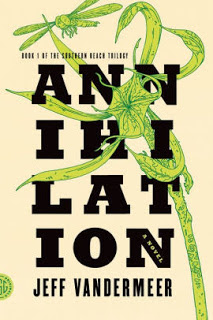
Marvin the Paranoid Android, The Hitchhiker’s Guide to the Galaxy by Douglas AdamsRead about the other entries on the list.
A suicidal, deeply depressed robot might seem an odd choice for this list, but I think [Brandon Sanderson’s] M-Bot could help Marvin put his “brain the size of a planet” to good use and maybe feel marginally less depressed during their time together. Droll British humor is not everyone’s cup of tea, yet I really enjoy the snark Marvin brings to the HHGTTG books. I want to hug him, even though he would not enjoy it. Marvin is a survivor; he turns up when not expected and against the odds. He can also destroy any hostile robots by just talking to them. Marvin has an impressive set of skills that are totally not appreciated by the bipedal beings he typically has to support on the Heart of Gold.
The Hitchhiker's Guide To The Galaxy appears on Jeff Somers's list of seven books in which the "deep state" wields power, Jason Hough's list of favorite examples of creative faster than light (FTL) travel in fiction, Rachel Stuhler and Melissa Blue's top five list of books celebrating geek culture, Fredrik Backman's six favorite books list, Jon Walter's top ten list of heroes of refugee fiction, Becky Ferreira's list of the six most memorable robots in literature, Charlie Jane Anders's lists of the ten most unbelievable alien races in science fiction, eleven books that every aspiring television writer should read and ten satirical novels that could teach you to survive the future, Saci Lloyd's top ten list of political books for teenagers, Rob Reid's list of 6 favorite books, Esther Inglis-Arkell's list of ten of the best bars in science fiction, Don Calame's top ten list of funny teen boy books, and John Mullan's list of ten of the best instances of invisibility in literature.
--Marshal Zeringue





















































